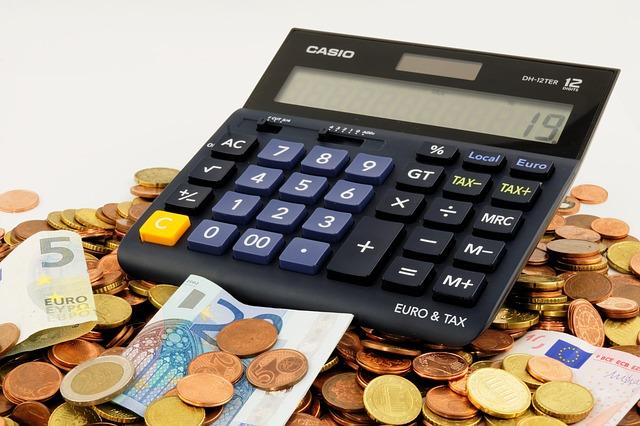Are profits on futures and options taxable? If so how are they taxed, under what head and at what rates? Interestingly, profits from futures and options are not treated as speculative income. There was confusion on this subject but the Central Board of Direct Taxes (CBDT) has already clarified to the effect that any profits on futures and options will only be treated as business income or as capital gains but not as speculative income. As business income it will be taxed at the normal rate at which your business income is taxed. But more importantly, you will get the tax shield on a lot of expenses like STT, administrative costs of trading, telephone costs, internet costs etc. That makes it more tax efficient to show your F&O flows as business income or business loss.
Technically F&O can be treated as capital gains or as business income
If you purely go by the definition of the CBDT, the income or loss from trading in F&O can be shown as capital gains or as business income. Obviously, it will be short term capital gains since F&O have a maximum tenure of 3 months and more practically only of 1 month. After than it has to be rolled over and will be treated as a fresh transaction. There is a small in-built clause here. If the volumes are substantial (you can consider above Rs.1 crore per annum), then you need to file the F&O profits as business income. Otherwise, you can file as capital gains or losses. IT is essentially that you maintain consistency in practice, although showing as business income is more profitable considering that capital gains do not allow you to write off concomitant expenses including STT. Ideally, any income or loss arising from trading in Futures and Options must be treated as business income or business loss. The tax form ITR-4 tax will have to be used by the F&O trader while filing the returns.
What expenses can be deducted from F&O if shown as business income?
When you show F&O profits and losses as business income, the following expenses are eligible to be deducted and the tax has to be paid only on the net income after considering these expenses.
-
Any office or administrative expenses connected to trading activity
-
Securities Transaction Tax (STT), not eligible in case of capital gains, will be eligible in case you show F&O trading as business income
-
Postage charges or fees and this could include any commission paid out. However, these expenses must be directly related to your F&O trading business.
-
Travel and conveyance expenditure is also eligible subject to the assumption that such expenses were incurred in direct relation to your trading like attend broker meetings, trading conferences, conferences and seminars, meetings with regulators and fund managers etc.
-
Telephone or fax expenses which are directly related to your business of buying and selling F&O
-
Internet related expenses to the extent it is required to enable the connectivity of the F&O system and also for the office administrative purposes
-
Depreciation on any asset that has been used by the trader for business purposes. This includes depreciation on the computers, furniture etc
-
What is more interesting is that any loss arising from trading in F&O can be set off against income arising from the taxpayer’s residential property or from any other business as well as other sources of income barring monthly salary.
-
Losses from the business not absorbed can also be set off against any income of the tax payer any other business. Such expenses can also be carried forward for a period of 8 assessment years
-
Statutory tax audit will be mandatory only if the income arising from F&O trading is more than Rs.1 crore
How you could be at a disadvantage by showing F&O income as capital gains
As stated earlier, you can show the F&O income as capital gains too but in that case you lose out on some critical advantages. Here are few of them.
-
Securities Transaction Tax or STT is not allowed as a deduction if you treat the F&O income as capital gains. It becomes ineligible
-
Any loss can be only set off against capital gains in this case. It can be carried forward for 8 years but the set off is only against capital gains
Disclosure is a key element in F&O taxation
As an F&O trader there are following points to keep in mind without fail.
-
Irrespective of how small are your profits in F&O, make it a point to disclose it in your tax returns. Not showing in your tax returns is an offence and punishable.
-
Any losses have to be shown in the tax returns. If such losses are now shown, they are not allowed to be carried forward and you lose the tax shield on such losses
-
Lastly, in case you are likely to have profits then the advance tax needs to be paid every quarter based on your estimates of profits













No Comments